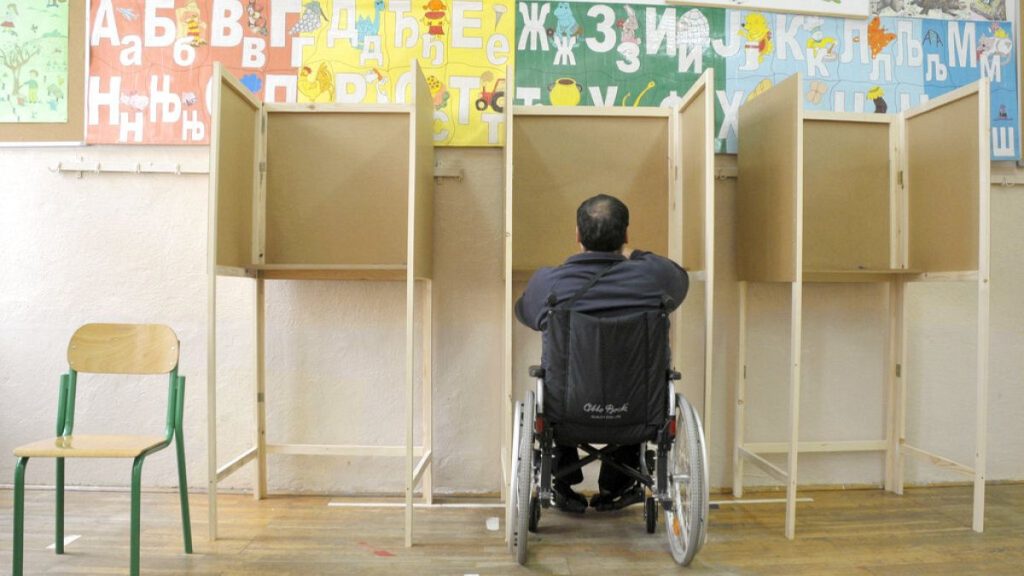The European Agency for Fundamental Rights (FRA) recently published a report revealing that voters with disabilities in the EU continue to face difficulties when it comes to exercising their right to vote. While there have been improvements in accessibility since the 2019 EU elections, significant barriers still exist that hinder the participation of voters with disabilities. The Convention on the Rights of Persons with Disabilities, ratified by all 27 EU member states, aims to ensure full and equal human rights for individuals with disabilities, including the right to participate in elections. However, the report identified 15 countries where obstacles such as inaccessible voting venues and restrictions for those under legal guardianship impede the voting process for people with disabilities.
In an effort to promote equal access to voting for individuals with disabilities, the report suggests various measures that can be implemented before and during election day. Some countries, such as Belgium, Finland, and Poland, are already taking steps to improve accessibility by providing transportation options for voters with disabilities. Furthermore, recommendations include introducing audio description technology and Braille ballots for individuals with visual impairments, as well as subtitles, text transcripts, and captions for those who are deaf or have hearing impairments. Clear and comprehensible information should also be provided to individuals with intellectual disabilities to ensure they can participate in the electoral process.
Despite efforts to improve accessibility, challenges persist at the outset of the electoral process, making it difficult for some individuals with disabilities to understand basic information about the elections. Only a few EU member states, including Austria, Finland, and France, have public sector websites that meet accessibility standards for people with disabilities. This lack of accessible information can lead to feelings of frustration and exclusion among individuals like Soufiane El Amrani, who has been prevented from voting since being placed under legal guardianship in 2016. He expresses anger and disappointment at not being able to fulfill his civic duty and have his voice heard in the political process.
According to the European Commission, approximately 87 million people in the EU have some form of disability, with 27% of the population over 16 years old reporting limitations on their usual activities due to health issues. Despite these statistics, there is still a need for national and European-level action to develop laws that treat individuals with disabilities as equal citizens and ensure their voices are heard. Alejandro Moledo, deputy director at the European Disability Forum, emphasizes the importance of creating inclusive policies that do not marginalize people with disabilities and prevent them from participating fully in society.
Moving forward, it is essential for member states to prioritize the accessibility of voting procedures and information for individuals with disabilities. By implementing targeted measures such as providing transportation assistance, offering alternative formats for voting materials, and improving communication strategies, countries can make significant progress in removing barriers to voting for people with disabilities. Ensuring equal participation in elections is not only a matter of legal obligation but also a fundamental human right that must be upheld to create a truly inclusive and democratic society in the EU.


